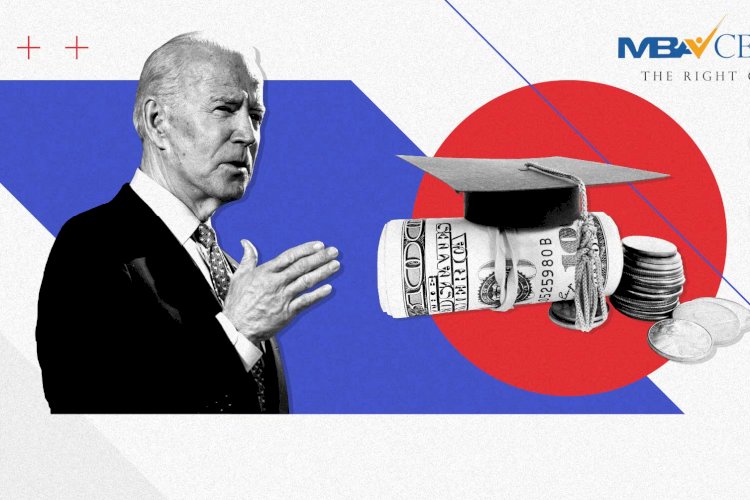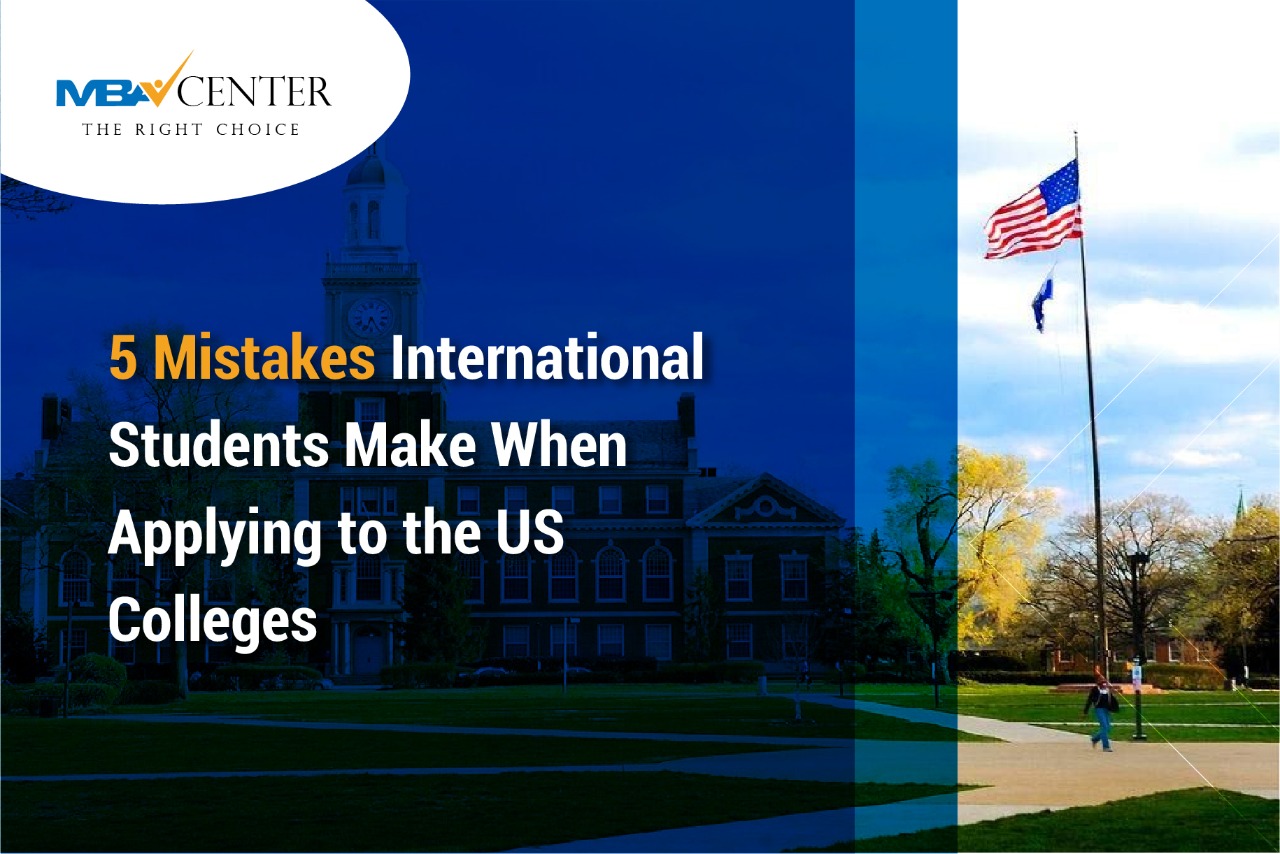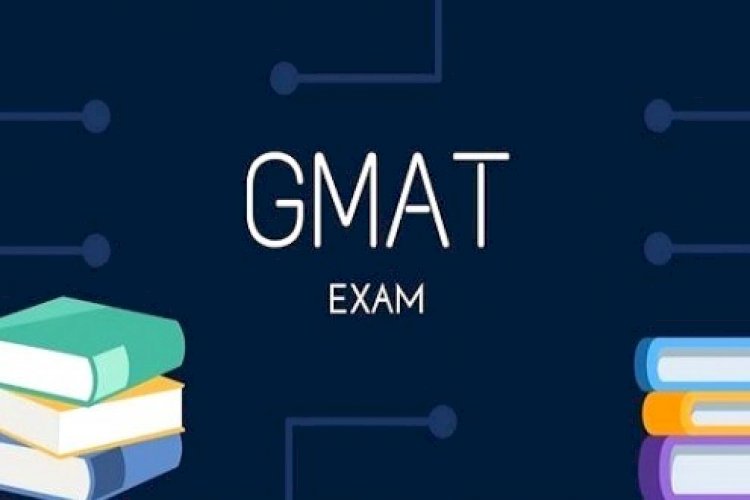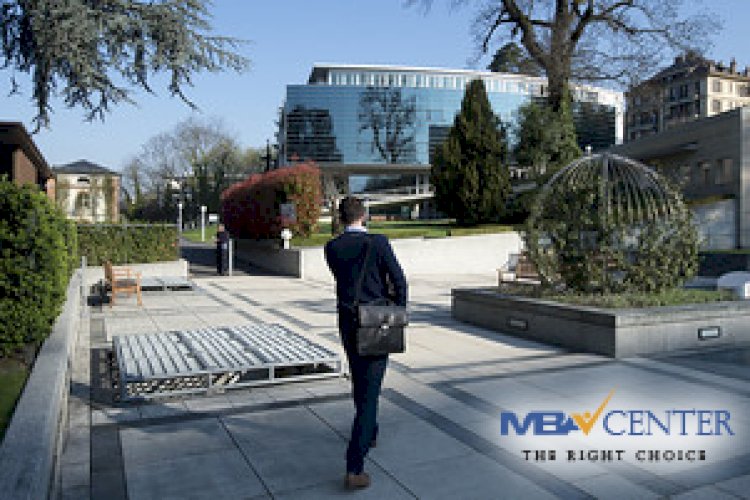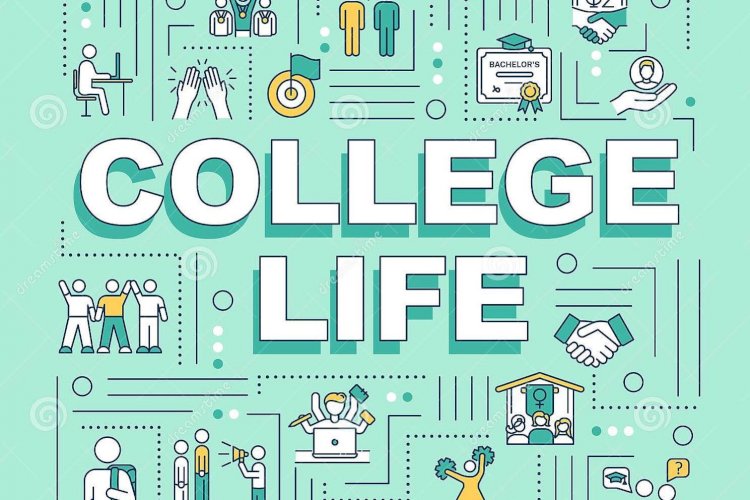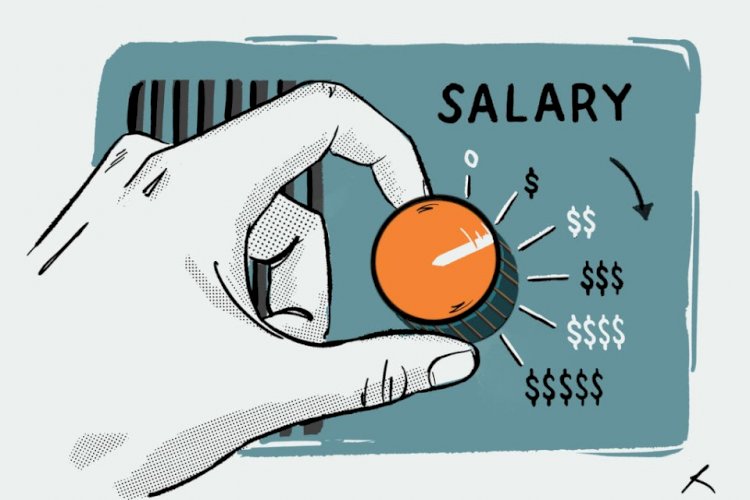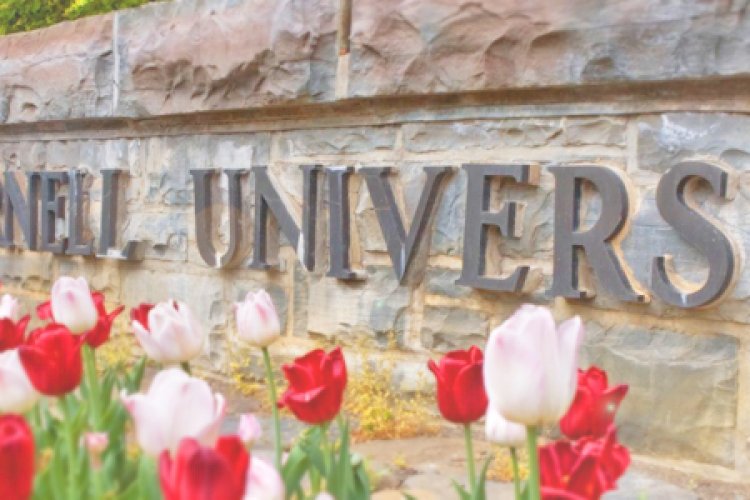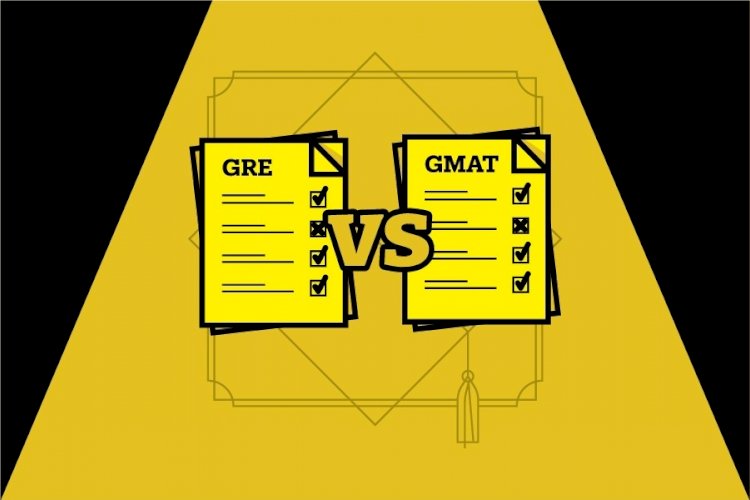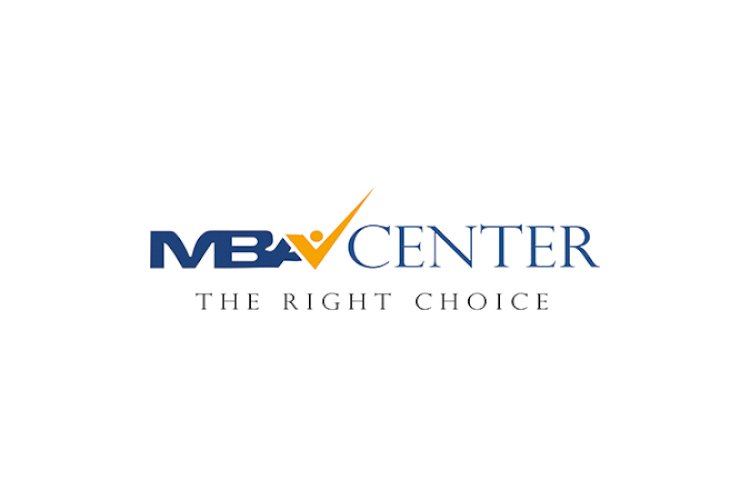
As an international student, you will need to understand different processes that you will need to navigate when applying to universities.
This article will list out the three major aspects to the process which include admissions, funding, and visa.
Admissions
Almost all the universities will require international students to take the English as a Second Language test. The most common among these is the Test of English as a Foreign Language (TOEFL), the International English Language Testing System (IELTS), Scholastic Aptitude Test (SAT) exams for undergraduates and the Graduate Record Examination (GRE) for postgraduates. It is recommended that you clear these exams a year before you want to begin university, preferably by August.
With regard to the admission deadlines: most top universities have the deadlines for the early admission 10 months before the start of the course, which puts around mid-October to early November. Do note that if you are accepted through early admission, you are legally bound to attend that institution. So apply only to one university that you would really want to attend.
The other universities have their deadlines seven months prior to the start of the courses, usually in January, although the final deadlines usually fall in March.
Most applications require an application fee, application form, personal essay, letters of references (usually two), transcript of academic achievements, SAT results and financial statements.
The Common Application, which is a centralized portal for applying to over 800 US universities, opens on 1 August. Try to create a list of schools you would like to apply to before the process begins so that you would have ample time to apply to the universities of your choice.
Funding
There are two types of funding offered by American Universities: financial aid, (need-based), and scholarships.
Financial aid looks at you or your family’s ability to pay tuition while scholarships are merit-based and look at your college grades and test results. It is quite difficult for international students to secure funding as most of the funding is reserved for domestic students. However, it is easier for international students to secure funding after the first year of study.
Fundings rarely cover the full cost of tuition and usually require the student to work for the university in some capacity as part of the agreement.
Universities like Massachusetts Institute of Technology, Harvard University, Princeton University, Yale University, Dartmouth College and Amherst College offer full need-based scholarships that cover the cost of tuition that you are unable to pay.
Financial aid applications usually require a College Scholarship Service (CSS) Profile Form and/or other documents to assess your financial need. Do check with specific universities the exact documents you would require for this purpose.
Apart from this, some universities have scholarships earmarked for people with specific qualities, such as country of origin, ethnicity, faith, gender, academic interests, and talents.
To find suitable funding opportunities for yourself browse through The Education USA financial aid search tool online.
Visas
There are three types of visas available for international students in the US
- F1 for academic studies:
The most common visa for international students, you will be issued the F1 visa if you are applying for an academic degree or an English language course. The visa stipulates that you need to return to your home country within 60 days of completion of course barring certain exceptions. To get this visa, you will have to pay an application fee, and need to be accepted at a US university prior to applying for it.
Note that this visa is valid only for study at a specific university and while it is possible to transfer to another university, you will need to fill out more forms and undergo other procedures. You will have to undergo a visa interview and will also need to prove that you have sufficient funds to support your stay and also prove to have strong connections to your home country, be they through family connections, assets, or other means.
This visa also allows you to work in the US during your studies.
Moreover, if you gain employment in the field of your study upon completion of your course, the Optional Practical Training (OPT) Programme will allow you to stay in the US for up to 12 months after your studies. Graduates of science, technology, engineering or mathematics can extend their OPT by 17 months, ensuring their stay for just over two years.
Note: The OPT must be applied for before completion of studies.
- J1 for practical training not available in your home country:
This visa applies only to specialist programs and projects that provide training that your home country does not have. These could include internship programs, business trainee programs, or physician programs. These programs might involve university study, or may only be for practical training. Generally, you only need to apply for this visa if there is some agreement with an intended employer, or between your government and a project in the US.
- M1 for vocational studies:
This visa is only for vocational studies and available only to students at an accredited trade or technical school. You will be aware of your eligibility for this visa if you are applying to these institutions. Note: Students cannot work during the M1 visa period, although they may undertake practical training or part-time work relevant to their studies.
About Hubert
Hubert (Hubert@mbacentereurope.eu) is the Founder of MBA Center, an elite test prep and admission consulting organization collaborating with the best test prep centers in Europe and India. Over the last 24 years, Hubert has developed the World MBA Tour and co-founded ACCESS MBA. Hubert’s passion is teaching, though. Holder of a perfect 800, Hubert has trained thousands of GMAT students, written and developed over 50 TOEFL, TOEIC, IELTS, SAT, and GMAT prep books, software and e-learning platforms.
Hubert has the most impressive track record in the industry with 3,000+ MIM, MIF, MBA, EMBA, and Ph.D. students accepted in the best universities in the world:
 MBA Center Global
MBA Center Global 







